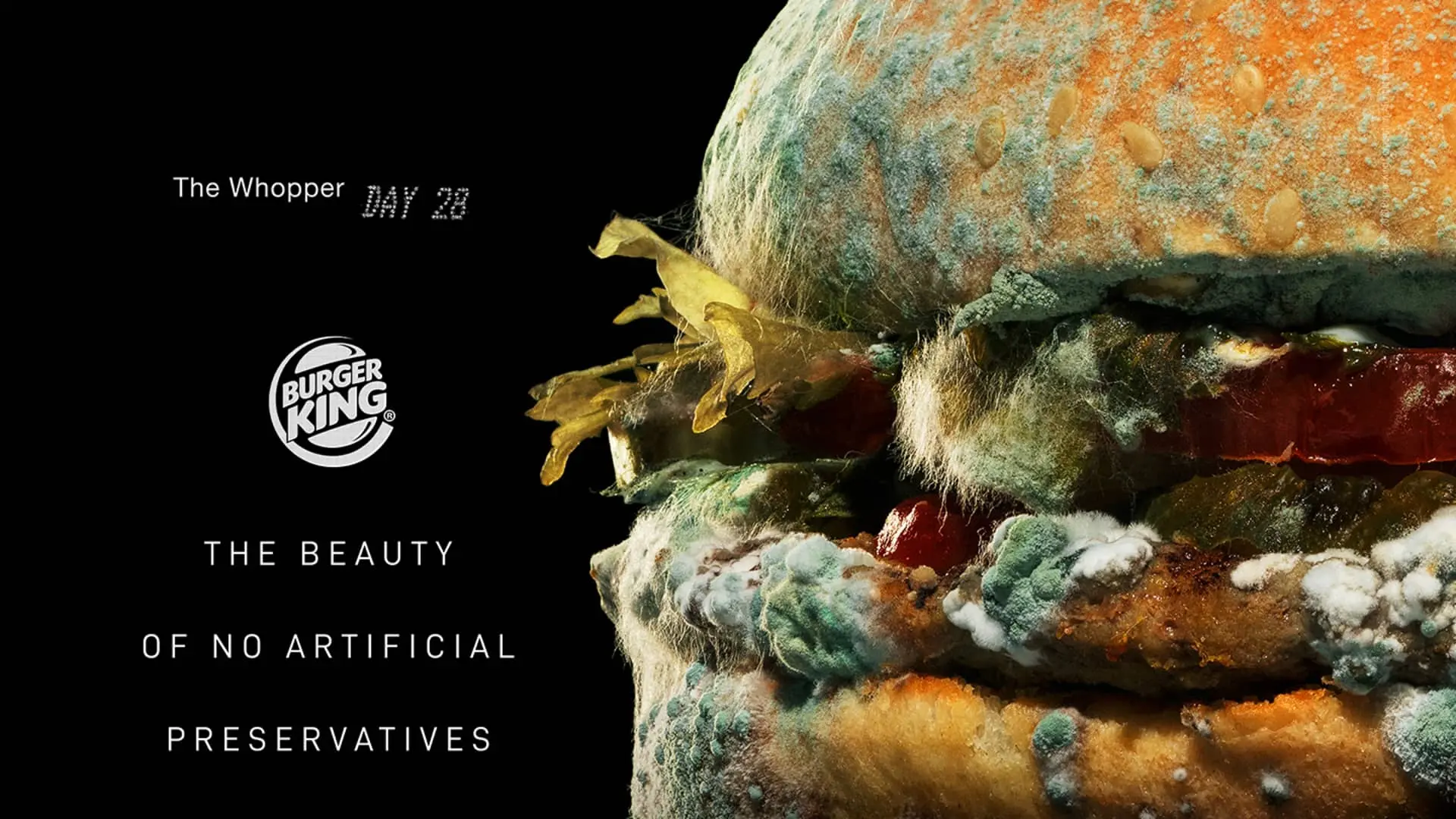- cross-posted to:
- [email protected]
- cross-posted to:
- [email protected]
TIL that in 2020, Burger King ran an advertising campaign featuring a picture of a moldy Whopper, to prove that their burgers are made without preservatives. This unconventional advertising method worked, increasing sales by 14% (according to multiple sources.)



That would be soo disgusting to see if you’re hungry, but I can say, not having seen it before, it will certainly have a lasting impression on me.
Now I just need to know if Burger King has actually rid their products of artificial stuff.
What exactly are you defining as “artificial stuff”?
Did you read the article?
I did. I was asking you what you were defining it is, since “artificial” as used in the article is often not artificial, but has natural sources. Or, in some cases, are chemically identical to the natural source and thus has no meaningful biological difference.
I don’t exactly expect news articles to understand anything about organic chemistry or biochemistry.
And off I go on my BS. I mean additional “non naturally occurring” chemicals. So things like colorants or preservatives.
But there are distinctions to be made even then in regards to colorants and preservatives, right? Since plenty of both of those are from naturally occurring sources. Like, do you have a problem with Red 4 or Red 26? There’s a ton of others that are just letter numbers too, like E161g or E161e. What’s funny is, even then, a lot of them have disparate approvals around the world, being banned in the EU, but allowed in Australia and New Zealand or vice versa.